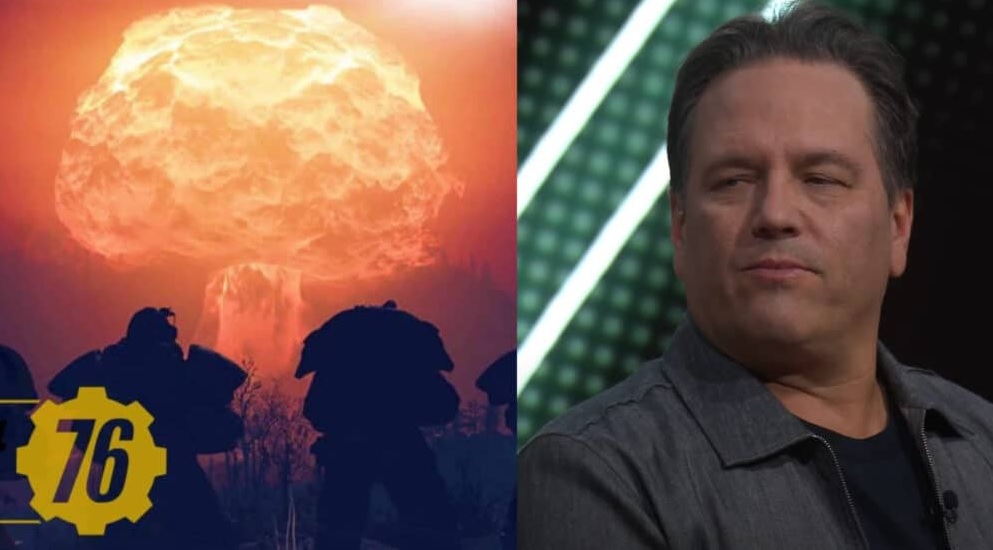In an unexpected turn of events within Fallout 76, the CEO of Microsoft Gaming, Phil Spencer, found himself targeted by a virtual nuclear attack. A dedicated player leveraged the game’s mechanics to launch a nuclear bomb directly onto Spencer’s virtual camp, sparking a viral moment across social media platforms.
Fallout 76’s Resurgence
The resurgence of Fallout 76, fueled by the recent debut of the Fallout series on Amazon, has propelled the game to new heights of popularity, boasting over 1 million simultaneous players. However, this surge in player activity brought an unforeseen challenge for Phil Spencer within the virtual world of Fallout 76.
The Potency of Nuclear Bombs in Fallout 76
In Fallout 76, nuclear bombs represent the most potent threat, requiring considerable time, effort, and completion of various missions to acquire. Despite these obstacles, a determined player managed to obtain a nuclear bomb and strategically target Spencer’s camp, capturing the moment in an image that quickly spread across Twitter and beyond.
Lmao someone nuked Phil Spencer’s camp in Fallout 76 pic.twitter.com/DxfcIdH8ob
— Sam (@Sam_Snydes) May 9, 2024
This bold virtual attack coincides with a period of uncertainty for Microsoft, marked by announcements of layoffs and the closure of several game development studios. Just this week, the company confirmed the closure of Arkane Austin, Tango Gameworks, Alpha Dog Games, and Roundhouse Studios.
Interpretations of the Incident
While the player’s action in Fallout 76 may be viewed as harmless fun, it could also be interpreted as a reaction to perceived missteps by Xbox and Microsoft in the gaming industry. The incident highlights the unique intersection of virtual experiences, real-world implications, and community engagement within the gaming landscape.

Exploring the Fallout 76 Incident: Gaming, Community Engagement, and Industry Dynamics
In conclusion, the Fallout 76 incident involving Phil Spencer’s virtual camp serves as a compelling example of the interconnectedness between gaming, community engagement, and industry dynamics.
As gaming continues to evolve as a cultural phenomenon, such occurrences highlight the unique ways players interact with virtual environments to express opinions, sentiments, and creativity.

